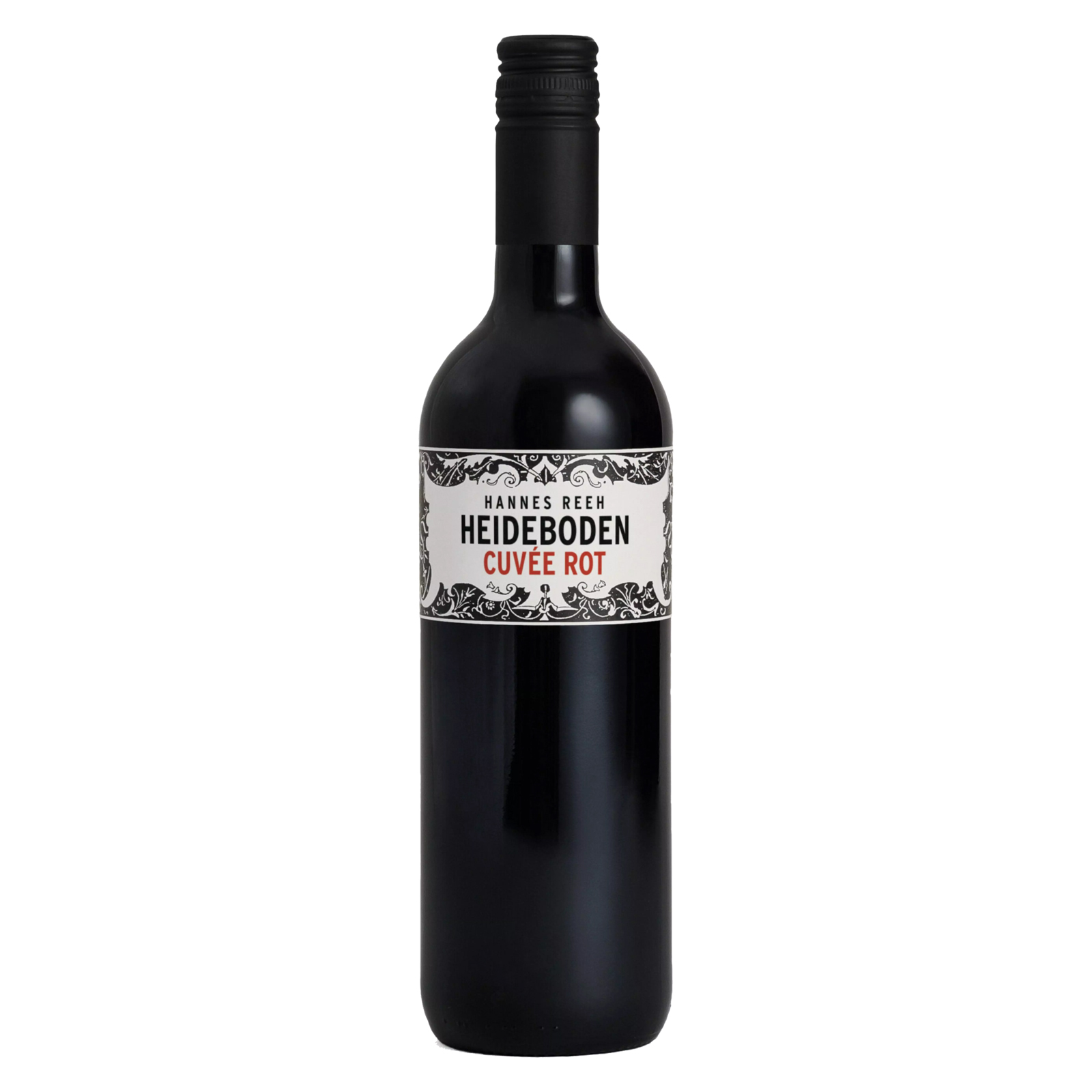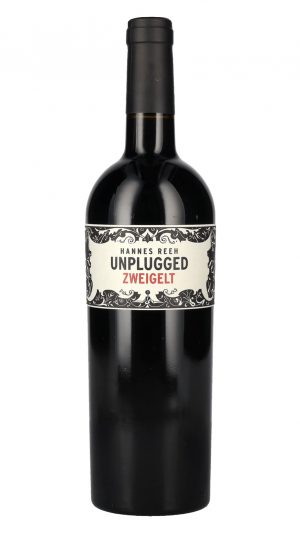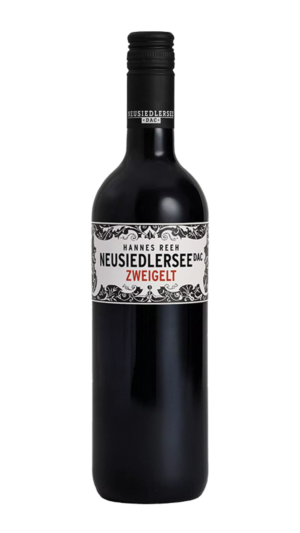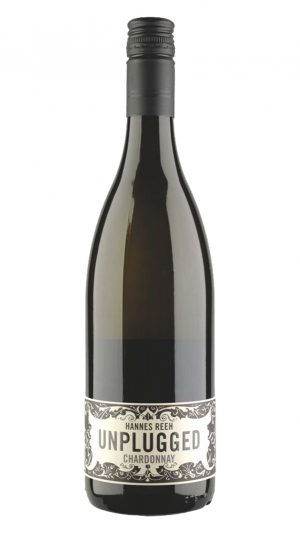Reeh Heideboden Red 2016 / 2017
Type: Red
Country: Austria
Region: Burgenland
Grape Variety: Zweigelt, Cabernet Sauvignon, Merlot, Saint Laurent
Viticulture: Natural Wine | Biodynamic | Certified Organic
Climate: Hot, continental Pannonian climate
Terroir: Vines grow on brown earth, black earth and gravel soil
Winemaking: Harvested in mid-September and fermented in barrique barrels for 12 to 14 months
Color: Dark ruby garnet
Nose: Wild berries on the nose, clear touch of wood, also reminiscent of Rumtopf
Palate: Juicy and round on the palate, fine tannins and delicate acidity, some nougat and blue berries in the aftertaste
About the Winery:
Hannes Reeh’s family started making wine in the 1980s; he took over his family winery and produced his first vintage in 2007, after graduating from Klosterneuburg and working internships in such far-flung places as Australia and California.
Reeh’s vineyards are in the village of Andau, on the Neusiedlersee region’s far eastern edge, just a few kilometres from the Hungarian border. With around 2,400 hours of sunshine a year, Andau is the sunniest place in Austria, and with less than 20 inches of rain every year, it is also one of the driest. The Pannonian climate is ideal for good wine, producing beautifully ripe grapes that make elegant, full-bodied wines. The Pannonian Heideboden area is an unparalleled region. A flat landscape, yet a sublimely beautiful one. It’s a natural paradise featuring steep, vast reed beds, and shallow salt ponds – home to countless species of plants and animals and home to lush vines. The soil here is poor and gravelly but is partly covered with a fertile layer of humus. The predominantly gravelly layer enables efficient drainage, letting the vines’ roots dig especially deep into the soil in order to reach the moisture and nutrients they require. The stony soil also stores warmth, which helps the grapes to ripen quickly and evenly.
Winemaking is as minimalistic as possible– from the grape to the bottle. The Pannonian sun ensures that the grapes ripen quickly and produce healthy fruit. All the grapes are harvested by hand and processed in Hannes’s state-of-the-art wine cellar, which went into operation in 2012.
Hannes produces principally red wines from Zweigelt as well as a little Skt-Laurent, Cabernet, Merlot, and Syrah, as well as some whites, mostly from Chardonnay and Pinot Blanc, international varieties but with a long history in this area. Zweigelt is Hannes’s favourite variety, and of the approximately 120 hectares he farms, about 60 % are planted to Zweigelt, which also happens to be a perfect match for the red gravel and sandy soils in the area. Zweigelt naturally shows its ability to thrive in the Pannonian microclimate.




